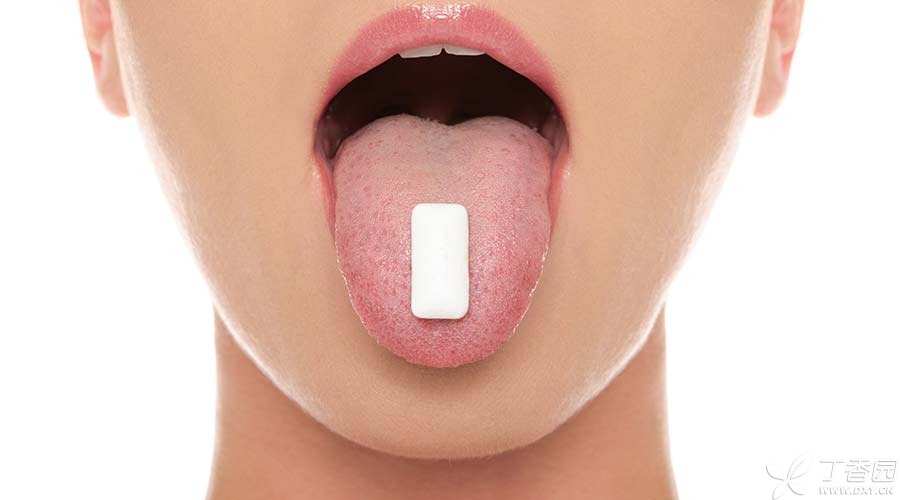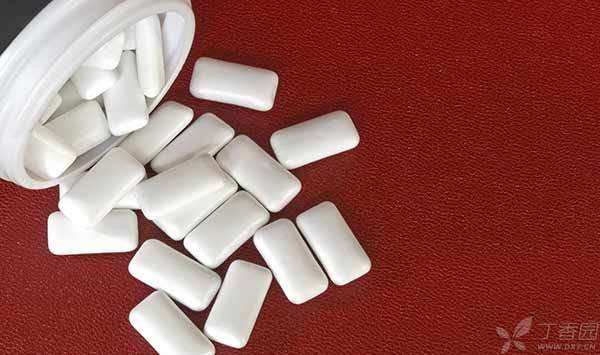
When I was a child, there was a kind of bubble gum called [Da Da], which cost a small box for one dollar. Each time I tore out a small piece, I could play for an afternoon, and I could play louder and louder than my friends. This is a very rudimentary social tool. If anyone takes out a box of bubble gum and sends it around, he is the core of today.
Later, when I grew up, I was embarrassed to play with bubbles and chewing gum appeared again.
Is chewing sugar-free chewing gum good for tooth health?
The answer is yes. There are two main reasons.
Chewing gum can promote saliva secretion, which is equivalent to a mechanical cleaning effect. The mechanism is similar to brushing teeth, but the effect is weaker than brushing teeth.
There are countless bacteria in our mouths, and there are more than 700 kinds of them now. Several of them digest the residue in our mouth into acidic substances. These acids accumulate on the surface of our teeth, causing them to demineralize. To a certain extent, the surface of our teeth is gradually corroded, forming a hole, which is called worm tooth.
Chewing sugar-free chewing gum can stimulate salivary glands to secrete saliva, play a buffering role, improve the pH value of oral cavity and reduce acidic stimulation.

Another reason is that most sugar-free chewing gums currently on the market add a substance called xylitol. Xylitol is a product of xylose metabolism, pentasitol, which is also a kind of sugar. It is as sweet as white sugar, but it is not so easy to make people fat.
Studies have shown that xylitol can reduce dental plaque (1) and inhibit Streptococcus mutans (2, 3). Streptococcus mutans is the main pathogen of caries.
Can sugar-free chewing gum replace brushing teeth?

Some people will also ask, my teeth are a little corroded and demineralized, can chewing gum also improve?
Unfortunately, it didn’t work.
Some scientists asked the demineralized tooth grinds to be placed in the volunteers’ mouths and then asked the volunteers to chew xylitol chewing gum. As a result, no improvement was found in the demineralized parts.
In addition, xylitol chewing gum cannot be used as an excuse for children not to brush their teeth, because xylitol chewing gum only has the function of assisting in preventing dental caries, and its anti-caries function is far from being compared with brushing teeth, flossing, pit and fissure sealing of children’s teeth, etc.
But as a supplement, you can still chew it after a meal.
Do you also want to know how to effectively prevent it? You can move to read < < Worm Tooth Prevention Tetralogy > >.
Responsible Editor: Ji Lingyan
